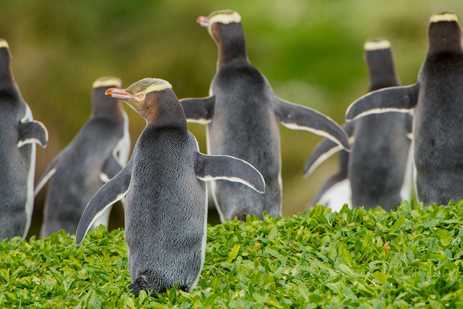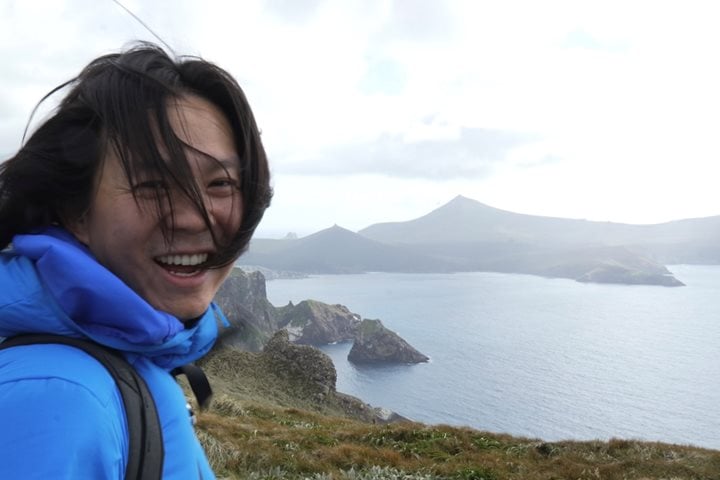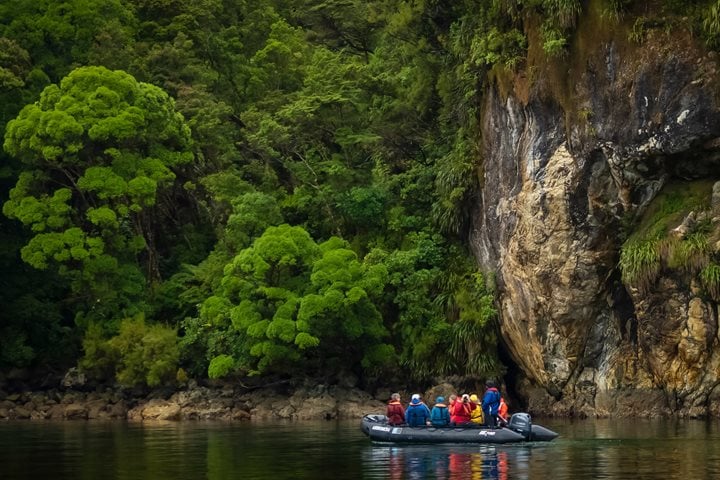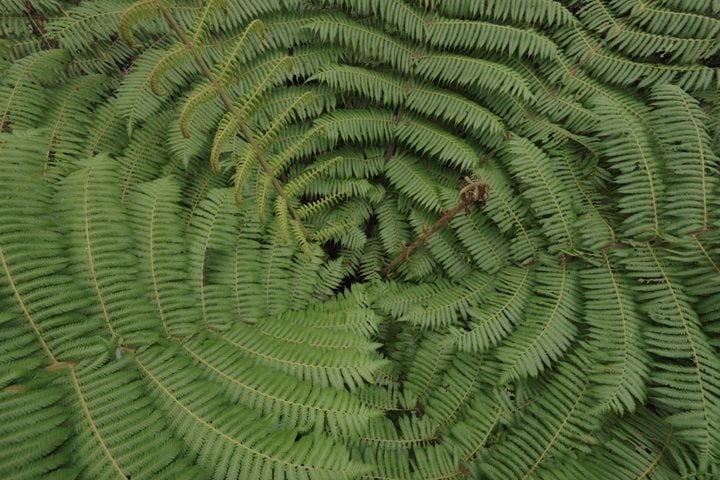Video Transcript
Peter Hillary, mountaineer, filmmaker, and Lindblad Expeditions-National Geographic special guest: These islands really are an incredible window into what mainland New Zealand was before humanity came here. And it's an extraordinary window. Beaches crowded with seals, and albatrosses up the hillside a bit, and great rafts of petrels out on the sea. Incredible sites like that, which you don't get in most countries where there are lots of people.
This is the heartland of real adventure, truly left to the wildlife, and that's the magic of it. And the only way to do it is to go on a ship.
Title: In Good Company: New Zealand and the Subantarctic Islands with Peter Hillary
Who is Peter Hillary?
My name is Peter Hillary. I'm a mountaineer, I work in adventure travel, I make films, write books, but I love climbing mountains. And it's probably not that surprising because my father was Sir Edmund Hillary, who made the first ascent of Mount Everest back in 1953 with his climbing partner, Tenzing Norgay.
I'm from New Zealand. I grew up in Auckland. It's a beautiful part of the world, but I love getting out there and I think that's a very New Zealand thing. People like to get out and explore the world.
I think growing up in the Hillary family absolutely influenced the person I've become. You know, at the end of each school term, there'd be this growing anxiety in the household, and that was, "Where was our father Ed Hillary gonna take us next?" He always had the most extraordinary destinations planned for us, and it was such an exciting way to grow up.
Exploring New Zealand and the Subantarctic Islands
I've been going on ships to expedition destinations for quite a long time now, and this is an incredible platform to get to places that really are very difficult to get to any other way. And that certainly is the case with this New Zealand and Subantarctic trip.
Look, going around the South Island, down the west coast and looking up into the Southern Alps, the Snowcat Mountains, they're around 12,000 feet. The glaciation comes down on the west coast side to a thousand feet above sea level, so these are impressive peaks. Fjordlands like Norway, you know, these great U-shaped, flooded fjord valleys, reaching into these vertical mountains. It's stunningly beautiful.
It's quite wide-ranging, my role on board Lindblad ships. I'm primarily there as a guest speaker. Most of my presentations revolve around expeditions, climbing Mount Everest, skiing to the South Pole, all sorts of expeditionary experiences. But they're also reflections on the destinations that we go to.
I've been on Lindblad ships up in the Arctic, Antarctica, Greenland, places like that. Now, I think one of the great things about Lindblad Expeditions is the scale of the operation, the ethos of how they operate. These are small ships. You get to know the people on board, and that's a very appealing thing.
I know a lot of people ask the question about being an explorer in the modern context. Very often, we tend to see it as something that happened in the past. You know, it's like crossing an ocean for the first time, or going to the top of the world's highest mountain for the first time like my father did. But there is still so much more exploration to do. Can we do it better? Can we take a more difficult route? What is the potential if we apply ourselves properly? So, there is infinite possibility for exploration.
And look, in a way, we even do this on these voyages to extraordinary places. We take people in wonderful comfort in these very capable ships, but you are exploring for yourself. You're exploring your mind and how you interact with remote landscapes, and that changes you. And in some ways, it changes the destination a little bit too because what we come away with is going to influence other people and what they will think of as these far flung, hard to get to destinations.




